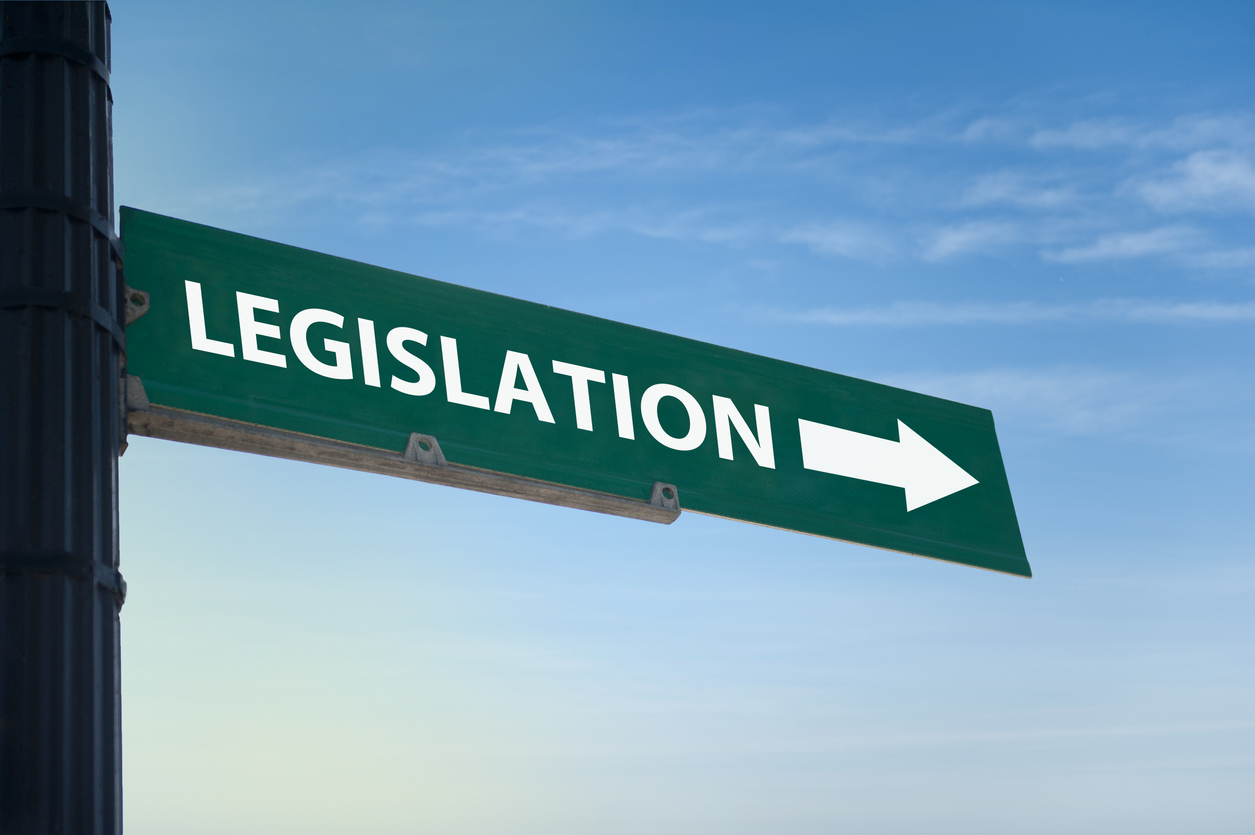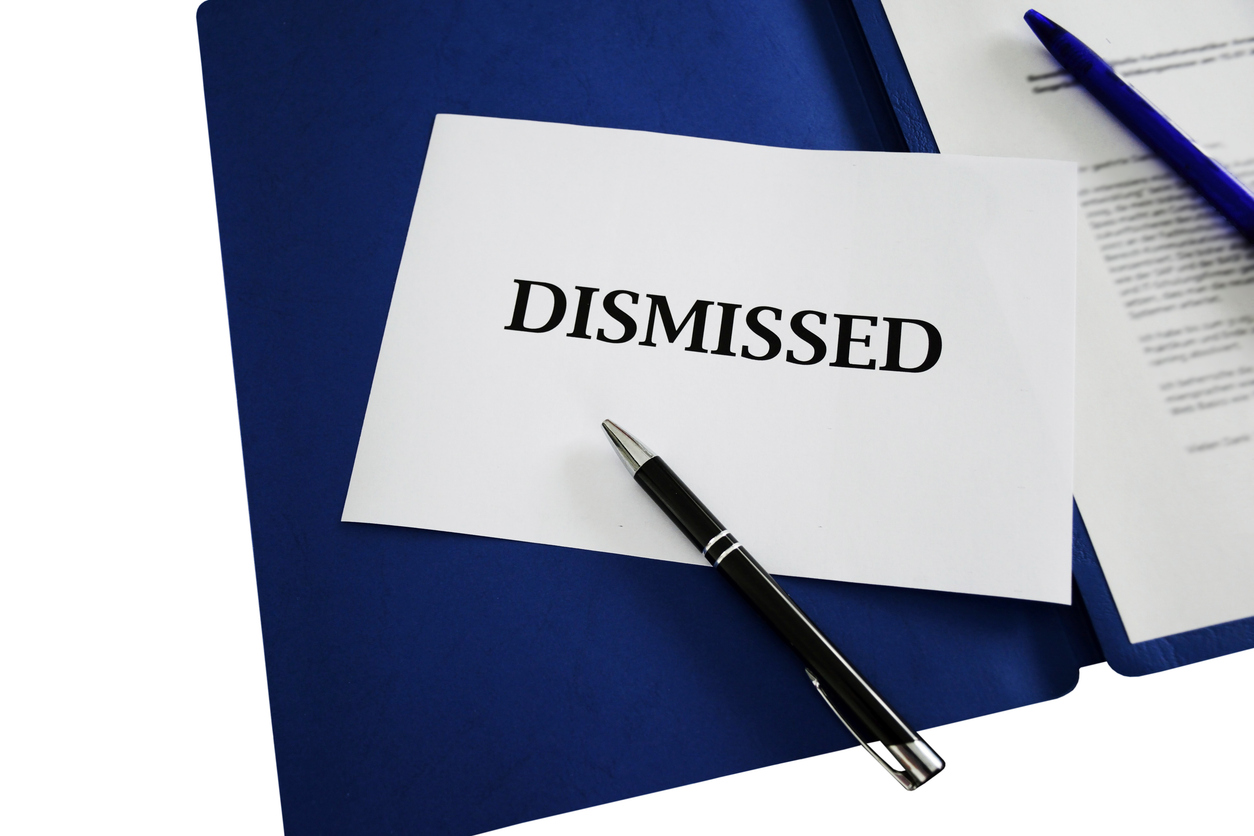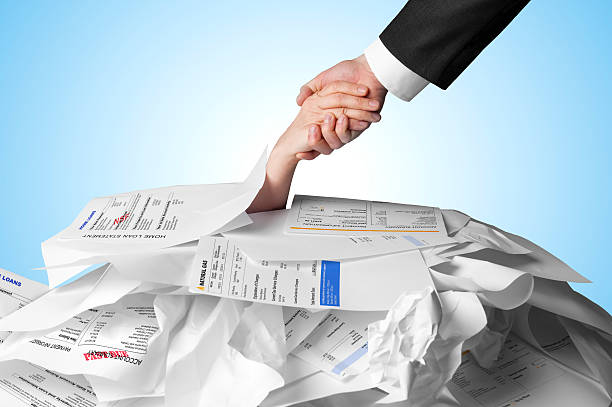The Florida Senate has crafted legislation to force those with delayed and underpaid property damage claims to seek resolutions outside of the halls of justice. Florida Senate Bill 76 slashes the time policyholders have to file a claim, reduces recoverable attorney fees from insurance companies (making it difficult for policyholders to find competent counsel when insurance companies underpay them), and enables the sales of weaker policies not fully covering homes.
In social psychology, pluralistic ignorance describes a situation in which a majority of group members privately reject a norm, but go along with it anyway because they assume, incorrectly, that most others accept it. This is also described as the bystander effect—where a person does not believe or agree with a position, but the person thinks that others believe or agree. In such an instance, the person does not act because he believes doing so would be incorrect or at least contrary to what society accepts, so he just follows along. Don’t just follow along and allow this legislation to pass into law.
“The only thing necessary for the triumph of evil is for good men to do nothing.” ― Edmund Burke
Senator Jim Boyd is the author of SB 76. He is also an insurance agent. He argues the continual rise in property insurance rates is driving the need for his proposed reform. He notes the number of roof claims going to court has increased from about 27,000 in 2013 to more than 85,000 in 2020. Boyd fails to say that two of the most intense storm systems to make landfall in Florida hit during Boyd’s statistical window: Hurricane Irma in 2017 and Hurricane Michael in 2018.
More than three-quarters of Florida’s 21.5 million residents live in areas near the two coastlines. Six of the top 15 metropolitan areas at risk for storm surge in the U.S.—Miami, Jacksonville, Tampa, Bradenton, Fort Myers, and Naples—are all located in the eye of “storm surge,” wind-driven water strong enough to drive homes right off their foundations. No other state has suffered more from storms and other difficulties during that Boyd window. “Florida is constantly in Mother Nature’s crosshairs,” says Don Griffin, who handles research for the American Property Casualty Insurance Association (APCIA). Perched between the South Atlantic Ocean and the steamy waters of the Caribbean Sea, six of the ten costliest storms in our nation’s history have ravaged the Sunshine State.
Unquestionably, insurance carriers look back on the halcyon years of 2006-2016, a period of more than ten years when no hurricanes struck Florida. A river of insurance premiums was collected, with only a meager stream being paid on claims. The insurance carriers failed to find a David for their pharaonic dreamland. Instead, when the years of feast turned to years of storms and large payouts from the 2004 and 2005 hurricanes, insurance companies notified Florida they needed to scale back operations and stop offering property insurance to residents. They claimed to have been surprised by the lesson the Pharaoh learned over 3,000 years ago.
And they continue to pretend the world is causing their problems. Boyd said the state’s Office of Insurance Regulation (OIR) projects insurance companies in the state will likely double losses from 2019 to 2020. They’re wagging their finger at Florida homeowners, already paying nearly the highest home insurance rates in the nation, warning they should get ready for more bad news if and when their policies next renew. Why do the homeowners have to suffer for the mismanagement of a major global industry, running itself no better than the mom-and-pop convenience store on the corner?
Is it mismanagement, or is it something more sinister?
Senate Minority Leader Gary Farmer, D-Lighthouse Point, believes insurers are playing with their numbers. “They hide their profits. They pay them to sister and related companies,” said Farmer. The House version of the bill requires insurance companies to allow the state to see what they pay affiliates to ensure profits aren’t being hidden. Farmer likes the idea, arguing past insurance reforms haven’t translated to customer savings. “The insurers are just cooking the books and coming here and crying poverty to us and everything is being done on the backs of homeowners,” said Farmer. The insurance companies together made anywhere from $240 million to $406 million a year just on their flood work since 2011 — without having to pay any claims.
Florida’s businesses and 6.2 million homeowners are seeing – or will see – double-digit rate increases as high as 45% in property insurance premiums as insurers cite ballooning reinsurance costs, “loss creep” from the historic number of hurricanes over the past four years, coastal flooding, wildfires in California, and freezing temperatures in Texas causing $60 billion of damage, among other factors driving costs. Senate Bill 76 diminishes Florida’s policyholders’ ability to seek redress in court and will inflict financial pain on homeowners with older roofs. Homeowners can expect a 30% to 50% rate increase next year even if the legislation passes. The Senate panel shot down several proposed amendments by Sen. Gary Farmer, D-Lighthouse Point, who said proponents like Senator Brandes were overstating the frequency of relatively rare extreme court rulings. Sen. Perry Thurston, D-Ft. Lauderdale, agreed with Farmer, saying SB 76 is a solution in search of a problem and would leave Florida homeowners more exposed than those in virtually any other state and with restricted access to the courts.
Florida Justice Association attorney Amy Boggs said SB 76 undermines consumers and benefits corporations. “It’s giving Goliath an even bigger club to pound David into the sand,” she said.
From the view of Florida’s policyholders who pay insurance companies to provide full coverage and prompt payment of their insurance claims, it appears that many Florida Senators do not like David.




